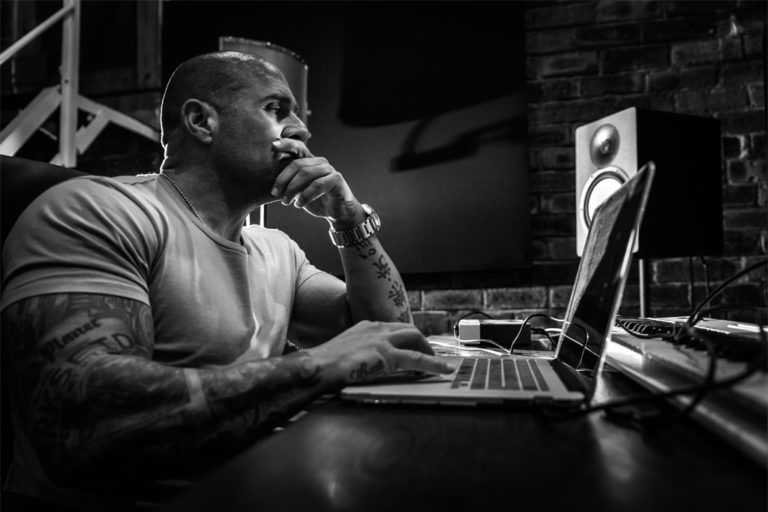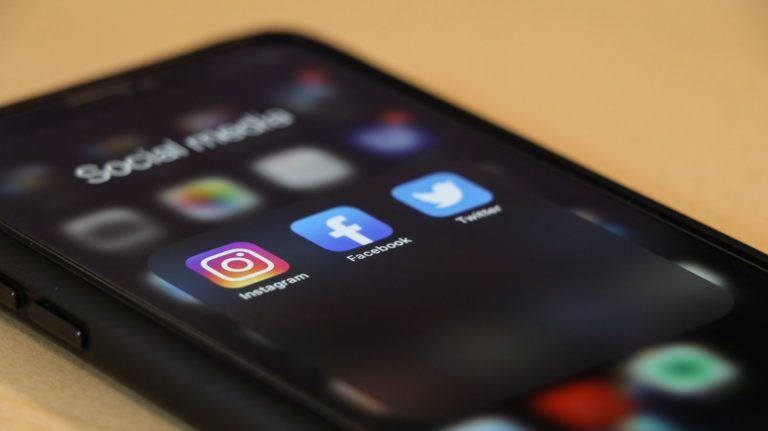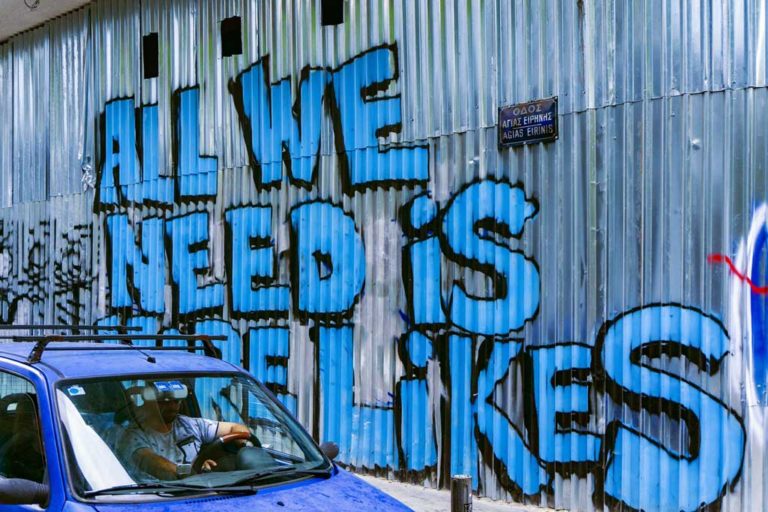Social Media, Data and the new music industry.
Mark Stent · Feb 12, 2021
Category: Music Industry

I think it’s safe to say that most artists know and understand that the music landscape has ,and is, changing at an exponential rate. In the past music was made according to the likes and creativity of a said artist, it was picked up by a label, the label released it in the hope that the public would take up the song and hopefully everyone one made money. It was effectively a shot in the dark based on the A & R manager’s subjective like and feeling for the song and his domain experience in what worked and didn’t in the music industry.
Enter the realm of ‘big data’.
If you have been living under a rock, let me give you a definition of ‘big data’:
“Extremely large data sets that may be analysed computationally to reveal patterns, trends, and associations, especially relating to human behaviour and interactions.” (Oxford Languages)
Facebook, Twitter, Instagram, TikTok on the social media front and Spotify, Apple Music, Youtube and Deezer are examples of the growing number of platforms that are able to tell labels, artists and marketers about their user’s habits, locations and a hoard of other information.

These application track and store and analyze millions of data points about their users and music industry data scientists are now able to draw out trends and literally match listeners with exactly what they want to hear and when. Artificial intelligence algorithms are able to customize the user experience based on exactly what that users’ needs are at that time.
In fact, it’s so useful, that data scientists (including myself) are able to create mathematical models based on this data to predict within a frame of confidence the likelihood of a song becoming a hit! This is a real thing and is mathematically sound, my own algorithm, at this point, is about 70 percent accurate! (I play to tune it and get it over 80 percent and I will post an article on it)
For example, it has been shown that older Spotify users are less adventurous with new music, so the algorithm will show them more of what they already know, but for younger users breaking artists and songs will be placed in front of them. Listeners will also automatically be notified when their favorite artists are releasing new music.
These channels are not only useful for the listener though, labels and artists are using this data to decide what songs to release, where and how to customize music that their fan base will connect to. If a label finds that an artist’s biggest followings are in a specific area, they can focus their marketing efforts for that artist in that location and not in locations where the artist is not known. This allows for much more efficient use of resources from a label point of view.
Labels are also able to find new talent on instant gratification channels like TikTok, a place where fun and cheeky videos (along with the songs used in them) can go globally viral in short periods of time. Often, some of these artists never even make it to Apple Music or Spotify and are monumentally more successful than some tracks that are.
Artists are able to connect with the people they connect with directly and are able to market and build their own followings based on other content they post such as video. Their music and personalities are other ingredients in the recipe for their artist success.

Artists are now able to track where their music is played in applications like Radio Monitor (www.radiomonitor.com) and use that data to reconcile moneys owed to them around the world.
With the rise of Bitcoin and the blockchain, new avenues are being explored and the need for intermediaries is decreasing fast and labels are evolving to meet new trends. Their job is not just to release new music, it is now about building brands. Soon artists will be in control of their own music, where it is played, who owns the rights. It’s a matter of time.
The job of an artist has changed now as a result. In the past his/her focus would be on making great music and performing it, now he needs to do that as well as be a social media strategist, an influencer, a marketer, a publicist, a photographer and a data scientist. A DJ can’t just be a DJ anymore, he needs to be a producer too, a vocalist can’t just be a singer anymore, he needs to be a producer too.
Like it or hate it the new world of music has arrived. I get into countless debates about how things have changed and how things were ‘better 20 years’ and music has ‘lost its soul’ or how ‘social media killed music’ or ‘music is now a formula’. This may or may not be the case, but the reality is it is what is is.
In the words of Ice-T ‘Don’t hate the player, hate the game’. Its time to adapt. The tools are available. Now use them!




Leave a Reply